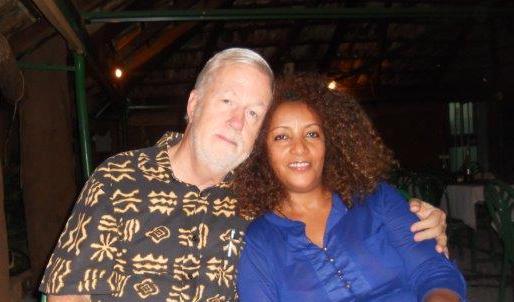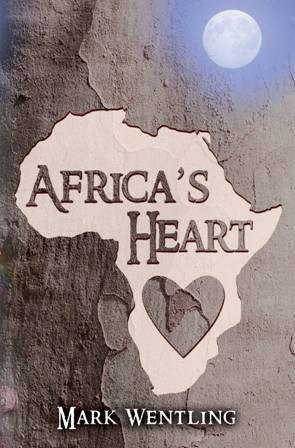Africa's Heart by Mark Wentling Featured in Kirkus Review for April
Mark Wentling’s ((PCV Honduras 1967-69, 1970-73; PC Staff Togo, Gabon & Niger 1973-77) Africa’s Heart was selected by the Indie Editors of Kirkus Reviews to be featured in their April, 2015 issue. His review is one of the 20 reviews in the Indie section of the 4/15 Kirkus Reviews magazine. The publication is sent to over 5,000 industry professionals (librarians, publishers, agents, etc.) Less than 10% of Indie reviews are chosen to be included in this publication. Below is the Kirkus Review of Africa’s Heart. Congratulations, Mark.
Africa’s Heart
The Journey Ends in Kansas
Wentling, Mark
Peace Corps Writers (532 pp.)
$20.00 paper | $8.99 e-book
Jan. 15, 2015
978-1-935925-55-2
An ambitious novel concludes Wentling’s (Africa’s Release, 2014) African trilogy. Letivi, chief of the Ataku village, is faced with a modern dilemma: wealth disparity is growing in the village between those families who have sent children to work in Europe (who then send money back home to their families) and those who have not. Letivi’s goal of correcting this problem via a wealth-sharing agreement among the villagers is hindered by his own lack of a wife or child; as a clan leader says, “Chief Letivi is without a wife or children and thus knows little about the lives we live as we struggle to support our families.” Letivi, a light-skinned half-caste, is also burdened by the secrets of his own parentage: he is the son of Bobovovi, an American Peace Corps volunteer chosen by the moon god and consumed by a sacred baobab tree 20 years before. A hemisphere away, a newspaper reporter named Robin is tracking down a mysterious man named J.D., whose disappearance shocked the town of Gemini, Kansas, and whose trail will lead Robin all the way to Africa. Destinies converge, and the generational saga that Wentling began in Africa’s Embrace arrives at its conclusion. Wentling, an American, admits in the introduction that the book (and the whole trilogy) is based on his four-decade career in Africa, and indeed, the works concern themselves with more than literary pursuits. Logistical issues affecting rural Africa-sustainable farming, education, the evolving role of the village, etc.-are raised in considerable detail, and the activist’s call to awareness is ever present at the periphery. As a novel, the prose tends toward the simple and declarative, though the details of village life and the inclusion of village folklore are immersive enough to lend emotional believability to characters and their actions. Readers of the previous two books will feel a fuller connection to the history of this world (and they’ll be more forgiving of the concluding volume’s 522-page length), yet there’s enough here for the work to stand on its own. With impressive scope and flourishes of magical realism, the book transcends what might seem to be mundane storylines to instead feel fully epic.
A satisfying novel of interconnectedness and community

Mark & Almaz Wentling in Africa

Congratulations, Mark!
Kirkus Reviews will give you the wide exposure that your books deserve.
I, also, loved reviewing your books for Peace Corps Worldwide.
Leita